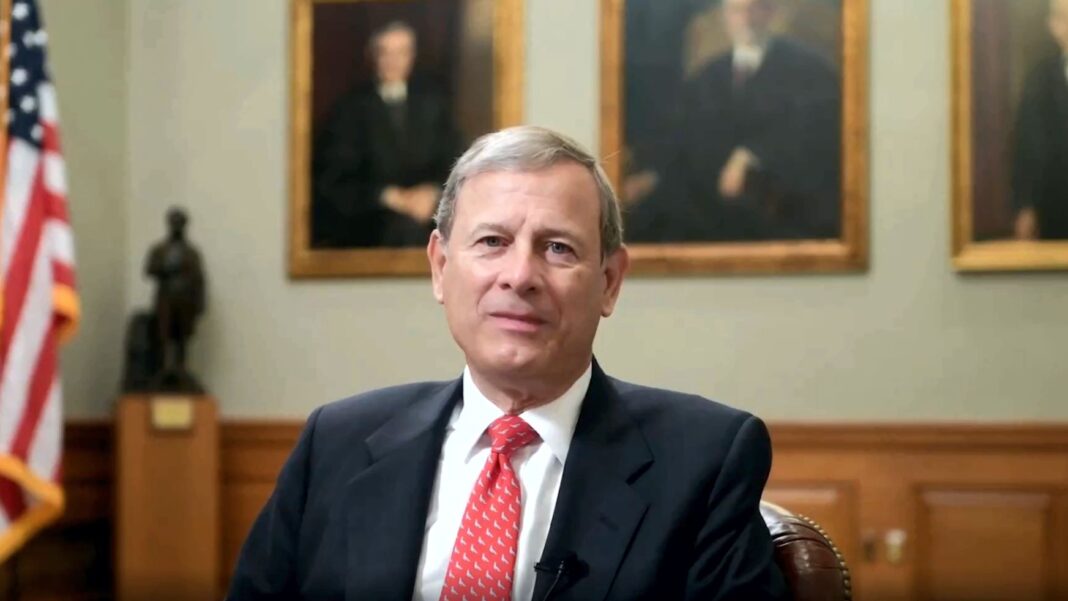‘Not a decision I came to easily,’ former university head says.
Harvard President Claudine Gay has resigned following allegations of plagiarism, a month after testimony before Congress where she refused to state that calling for the genocide of Jews constituted harassment.
In a letter, Ms. Gay said that stepping down “is not a decision I came to easily.”
“It has become clear that it is in the best interests of Harvard for me to resign so that our community can navigate this moment of extraordinary challenge with a focus on the institution rather than any individual,” she wrote.
She took no responsibility for the plagiarism allegations nor the state of campus hatred toward Jews and Israel.
Despite the resignation as university president, Ms. Gay will remain a Harvard faculty member.
The school’s student newspaper, The Harvard Crimson, first reported the resignation. Ms. Gay’s tenure was just over six months and is the shortest in the 387-year history of the school.
Ms. Gay has been accused of plagiarism stemming from her career in academia.
According to a report from The Washington Free Beacon, there were six new plagiarism charges against Ms. Gay in a report submitted anonymously to the school’s Faculty of Arts and Sciences Dean Hopi Hoekstra, the Research Integrity Office, and the Committee on Professional Conduct.
The plagiarism scandal began when conservative activist and Manhattan Institute fellow Christopher Rufo and Christopher Brunet flagged instances of plagiarism from her Ph.D. dissertation, titled “Taking Charge: Black Electoral Success and the Redefinition of American Policies.”
In the new complaint, the unnamed whistleblower accused Ms. Gay of plagiarism in both her publications and dissertation, calling on the university to open a “new research misconduct inquiry.”
“Now I am forced to submit an additional complaint with nearly 50 allegations, including over half a dozen examples never seen before,” the complaint read.
“Some of them occur in a publication by Gay that was until now believed to be free from allegations of plagiarism. Others occur in the dissertation.”
The first complaint, which came at a uniquely troubled time when Ms. Gay’s much-criticized remarks at a congressional hearing on anti-Semitism drew widespread doubt on her fitness for the presidency, involved seven of her 17 published works.
By Jackson Richman and Bill Pan





